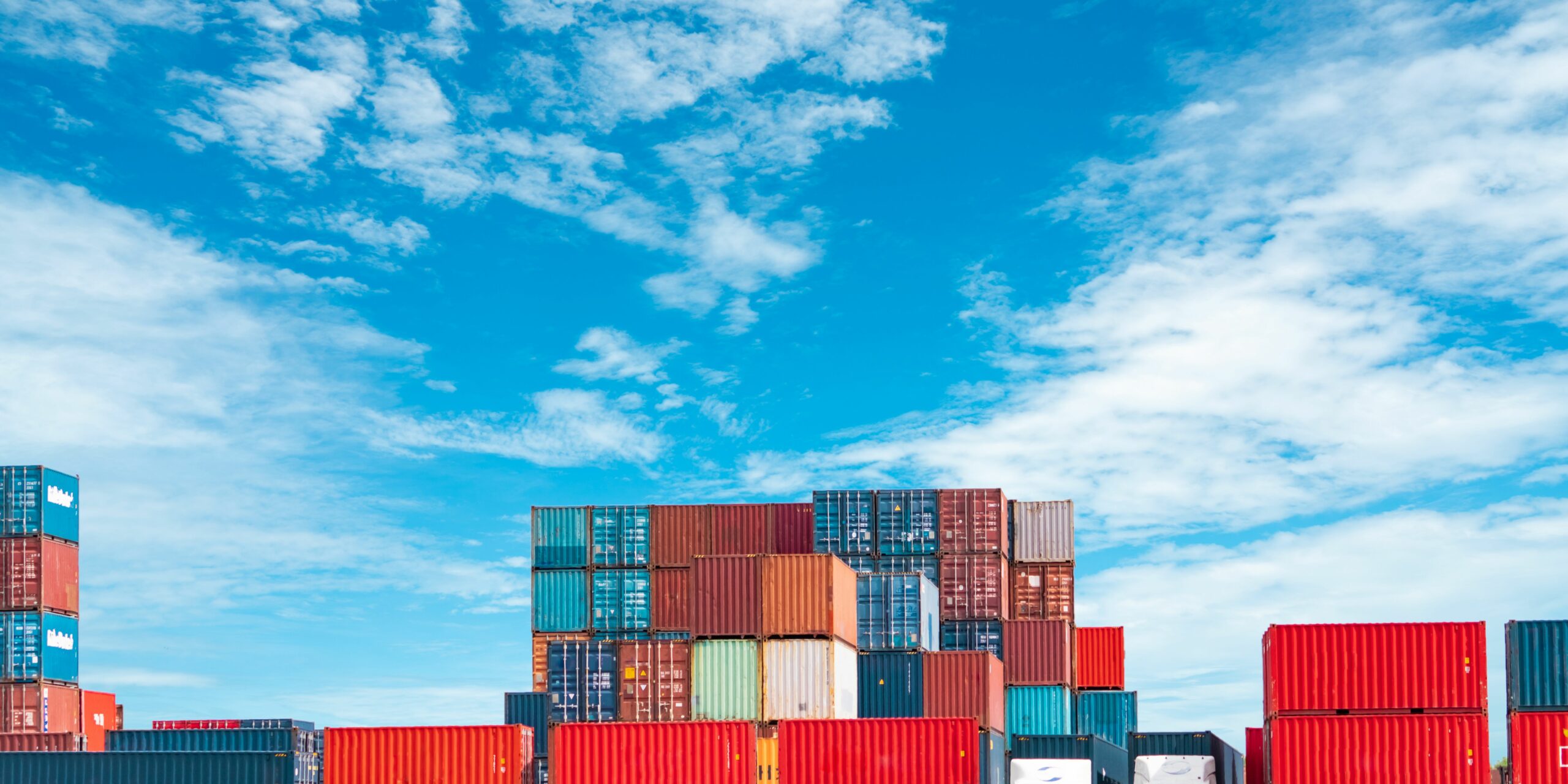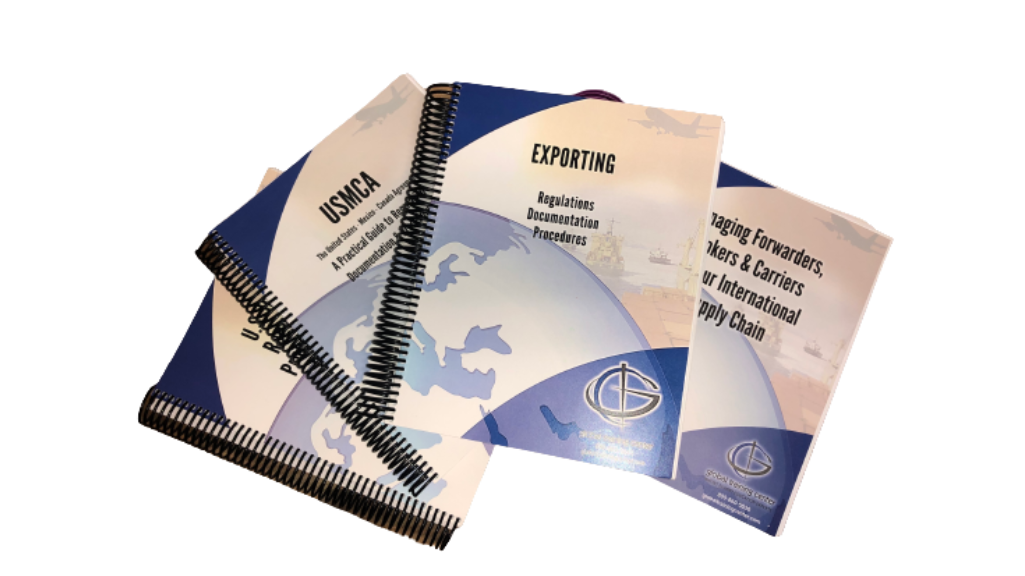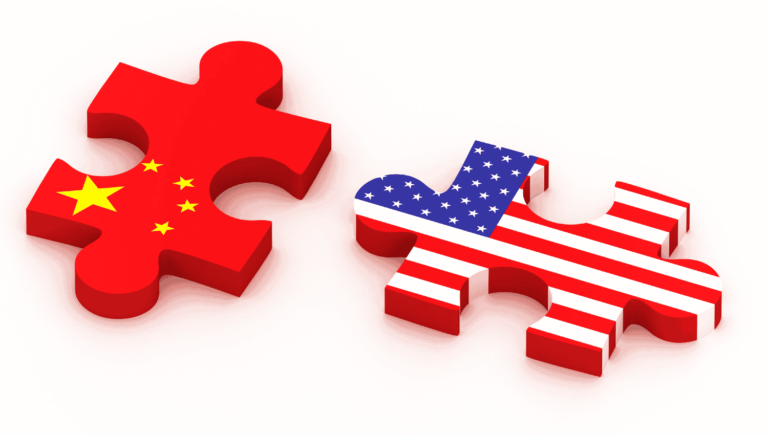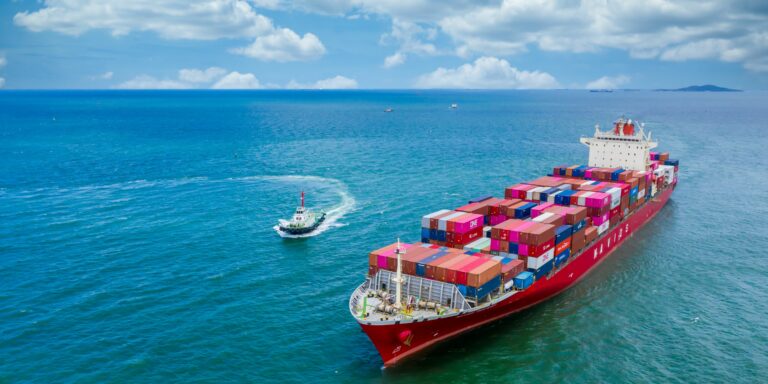Navigating the Choppy Waters of Digital Tariffs, Suez Canal Expansion, Forced Labor Allegations, and Venezuela’s Oil Challenges
WTO’s Moratorium on Digital Tariffs Buoyed, But for How Long?
The World Trade Organization (WTO) has granted a temporary extension to the moratorium on customs duties for digital transmissions, a significant aspect of internet development, but the deal includes a hard expiration in 2026. The extension was agreed upon during the WTO’s 13th ministerial meeting in Abu Dhabi, with the condition that a more extensive negotiation will be required when the moratorium expires. India initially blocked the extension but reversed its decision after a request from the host country, the United Arab Emirates. The imposition of digital tariffs could potentially create challenges for companies relying on data and digital services, which could undermine the entire digital economy. Only Indonesia currently has regulations allowing for the imposition of duties on digital goods.
Highlights:
- The WTO has granted a temporary extension to the moratorium on customs duties for digital transmissions until the next ministerial meeting in two years.
- The moratorium, which has been in place since 1998, fosters growth in the internet, but with big tech companies earning significant revenues, more countries want to impose tariffs.
- The potential imposition of digital tariffs could pose challenges for companies relying on data and digital services, affecting the entire digital economy.
- Only Indonesia currently has regulations in place allowing for duties on digital goods, while other countries seek a share of revenues and protection for local software developers and content providers.
Read full article here
Egypt Ponders Further Expansion of the Suez Canal to Set Sail for Prosperity
The head of the Suez Canal Authority, Osama Rabie, stated that Egypt is exploring options for further expansions of the Suez Canal, which could lead to higher shipping volume, prevent future blockages, and heighten competitiveness at the canal. Any new expansion would build on the current project to extend the canal by 10 kilometers and deepen and widen a section. The decrease in revenue from shipping companies diverting from the waterway due to attacks on ships in the Red Sea has caused the authority to consider further expansion. However, some critics argue that the canal expansion contributes to Egypt’s worsening foreign currency crunch.
Highlights:
- The Suez Canal Authority is exploring options for further expansion of the Suez Canal to improve competitiveness, prevent future blockages, and increase shipping volume.
- Any new expansion would add to the current project to build a second channel of the waterway, which is being deepened and widened over a length of 10 kilometers.
- The decrease in revenue due to shipping companies diverting from the canal leads the authority to consider further expansion.
- Some critics argue that the previous expansion, which included the creation of a 35-kilometer parallel waterway, has contributed to the foreign currency crisis in Egypt.
Read full article here
Chinese Producer Challenges Forced Labor Finding in US Court Battle
Chinese silicon producer, Hoshine Silicon Industry Co., Ltd., through its subsidiary, Jiaxing Hoshine, has filed a complaint at the United States Court of International Trade (USCIT) challenging the U.S. Customs and Border Protection’s (CBP) decision to issue a withhold release order (WRO) against Hoshine Silicon and its subsidiaries. The WRO instructs CBP personnel to detain shipments containing silica-based products made by Hoshine Silicon entities due to concerns about forced labor. Jiaxing Hoshine’s complaint contests CBP’s refusal to modify the WRO and argues that the company is being wrongly targeted. They seek to have the determinations by CBP overturned.
Highlights:
- Hoshine Silicon’s subsidiary, Jiaxing Hoshine, has lodged a complaint at the USCIT challenging CBP’s decision to issue a withhold release order against Hoshine Silicon and its subsidiaries.
- The withhold release order by CBP instructs the detention of shipments containing silica-based products made by Hoshine Silicon entities due to concerns about forced labor.
- Jiaxing Hoshine claims that CBP failed to provide any evidentiary basis for including them in the WRO, and that CBP’s refusal to modify the order is unjustified.
- The Chinese silicon producer is seeking to have the determinations by CBP overturned, alleging that the company is being wrongly targeted and unfairly affected by the WRO.
Read full article here
Venezuela’s February Oil Exports See Slight Rise, but Shipping Delays Persist
Venezuela’s oil exports experienced a slight increase in February, reaching approximately 670,000 barrels per day (bpd). However, persistent shipping delays worsened the bottleneck of tankers waiting to load, hindering the country’s ability to meet its export potential. The state-run oil firm PDVSA faced challenges such as weaker output, shortages of diluents, and insufficient inventories, which prevented a significant boost in total exports. Despite rising exports to customers like Chevron and Reliance Industries, ongoing delays and logistical hurdles continue to impact Venezuela’s oil industry.
Highlights:
- Venezuela’s February oil exports rose to around 670,000 bpd, showcasing a slight increase.
- PDVSA faced ongoing shipping delays, leading to a bottleneck of tankers waiting to load crude and fuel.
- Despite export improvements to key clients like Chevron and Reliance Industries, issues with output and diluent shortages prevented a significant export boost.
- The Jose terminal’s recovery from previous challenges and the presence of waiting supertankers near key ports highlight the logistical hurdles impacting Venezuela’s oil industry.
Read the full article here












